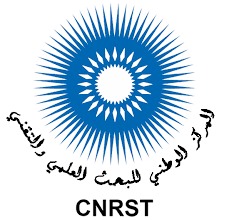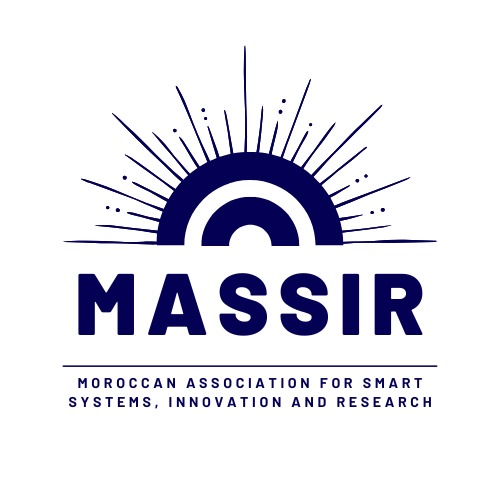The Role of Knowledge Integration in Advancing Green Resilience: A Strategic Perspective
Published: December 29, 2024
144 views
175 downloads
Abstract
The adoption of the amended Environmental Protection Law (NEPL) in 2015 signaled a turning point toward more strict regulatory policies meant to solve environmental concerns and support sustainable economic growth. By combining points of view from both institutional theory and the resource-based viewpoint, this study investigates how the NEPL affects enterprise green development resilience (EGDR). We built a thorough framework to evaluate EGDR by means of the Vertical and Horizontal Slot-Drawing (VHSD) approach combined with entropy-based analysis, hence capturing its dynamic and structural aspects. From an institutional point of view, our findings show that following environmental rules increases company legitimacy and promotes green development. At the same time, the resource-based viewpoint shows that by improving companies' green knowledge bases, promoting green innovation, offering policy-driven incentives, and reducing financial constraints, the NEPL supports EGDR. Importantly, the law's effect shows notable diversity across various areas and technological settings, hence stressing notable variety. This research provides insightful analysis for legislators seeking to create more efficient environmental plans by revealing fresh pathways connecting regulatory enforcement to company resilience. In the end, this study deepens the knowledge of how regulatory regimes influence corporate green resilience and sustainability practices, hence enhancing the body of work on sustainable development.
Authors
Rafik Al moutawakil
National School of Business and Management, Ibn Zohr University, Agadir, Morocco
-
From Tripalium to Otium: What future for Work in the era of disruptive technologies?
Sanae Hanine, Brahim Dinar, Said Meftah43-58 -
Strategic Digital Capabilities in Emerging Markets: Insights from Scale Development and SME Applications
Chamberlain TIONA NDIAYE, Abdramane Herman ADONON13-21 -
Green Innovation and Sustainable Business Models: A Strategic Management Perspective
Noussair Abdelali charkaoui2-12




